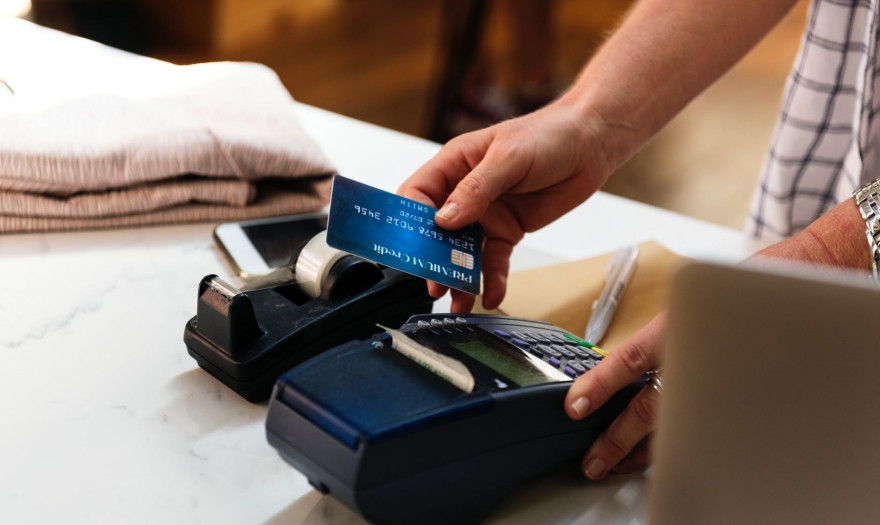According to published studies, Greek consumers are increasingly paying for their purchases by bank transfer both in stores and online, refusing cash.
Avoiding cash helps solving an important problem related to the fight against tax evasion, experts say.
Over time, and especially after the pandemic, payment methods for purchases have changed. In addition to the fact that now most services (purchases) are presented and made in digital form, new trends have appeared on the market. According to a recent surveyconducted by Focus Bari under the title “Payment Methods Preferred by the Greeks” in May 2023, payment debit bank card ranked first among consumer preferences.
In particular, residents of Greece prefer to pay for their purchases in the following ways:
- Greek bank debit card (plastic card) 48%,
- cash on delivery 40%,
- electronic transfer (e-banking/m-banking), banking services 30%,
- Greek bank credit card (plastic card) 17%,
- Greek bank debit card from mobile phone (digital payment) 16%,
- digital wallets (Google Pay, Apple Pay, etc.) 15%,
- credit card of Greek banks on mobile phone 6%,
- prepaid card (plastic or digital) 6%,
- Revolut card (plastic or digital) 5%,
- Payzy by Cosmote 2%,
- N26 card (plastic or digital) 1%,
- card with “Buy Now” function (payment method Buy Now Pay Later – BNPL, e.g. Klarna) 1%.
According to data presented by Cardlink CEO Antigonos Papadopoulos at the 10th Digital Banking Forum, card transaction volume increased by 21% in 2022 and transaction volume increased by 19% compared to 2021, with double-digit growth rates to be maintained.
In 2023 In 2022, the volume of card transactions reached 54 billion euros (+21%), and during the first quarter of 2023 growth remained at a high level at a rate of 15%. Accordingly, the number of card transactions reached 1.8 billion in 2022 (+19%), and in the first quarter of 2023, the increase in transactions is about 17%.
Rosit indicators in 2022 is also associated with foreign cards, due to the dynamic recovery of tourism. In particular, the amount of payments with foreign cards reached 9.3 billion euros (+44%), and with Greek bank cards – 44.7 billion euros (+17%).
As for the number of transactions made with foreign cards, it reached 144 million payments (+39%), and the number of transactions made with Greek cards – 1.6 billion (+17%).
Of particular interest is that 7.5% of all card transactions are for purchases of less than €2. At the same time, 42% of the number of transactions falls on purchases less than 10 euros.
The total amount of domestic transactions with Greek cards for the first time exceeded the amount of cash withdrawals in 2022.
In the same vein, in an IOBE study on the impact of the pandemic on the expansion of payment cards, the use of cards has been systematically expanded after 2015, after the introduction of capital restrictions, measures to promote electronic payments and the pandemic crisis.
In particular, the overall growth in the use of cashless payments over the period 2015-2022. exceeds previous indicators by 12 times in terms of the number of transactions and 5 times in terms of the amount of transactions.
The total amount of domestic transactions with Greek cards for the first time exceeded the amount of cash withdrawals in 2022.
According to IOBE, the relative growth in card use post-pandemic is still rated as the largest for online purchases, especially with credit cards (up 59.3%).
Despite approaching the European average, the level of card usage in Greece ranks 18th among 27 member countries EU. As noted, the use of cards remains proportionately particularly low in certain sectors, such as services.







More Stories
The Greek Tax Administration sent out "letters" 20,000 taxpayers who "forgot" declare income
Fruits and vegetables: imports up 50.2% in April
Greek products on their way to France